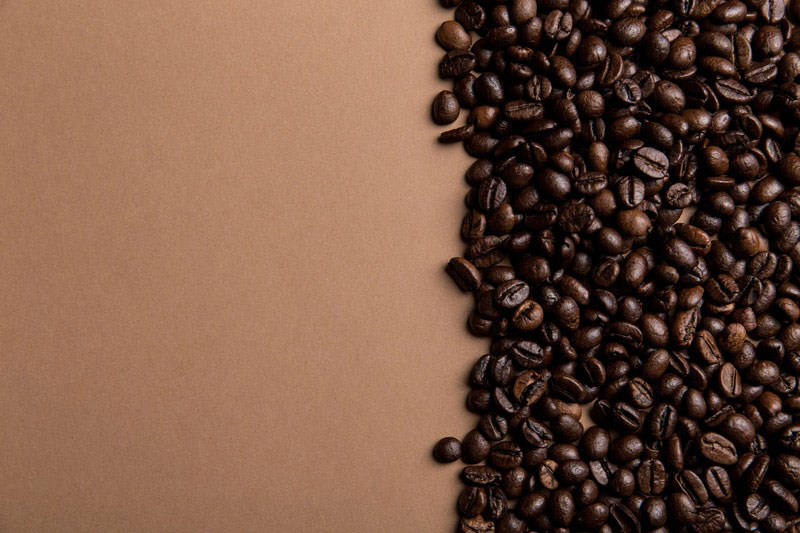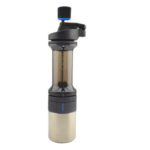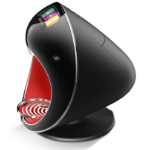Is Decaf Coffee a Diuretic? What You Need To Know
Coffee is one of if not the most common drink to get people’s day started. That being said, it’s safe to say that knowing more about this beverage is never a bad idea. After all, information is key to anything, especially something we are putting into our body on a daily basis.
There are many variations of coffee. One of those being decaf. This is a great solution to those who are trying to stay away from the addictive qualities of caffeine. However, have you ever considered that decaf coffee could be a diuretic? There is a lot to unpack to get an educated answer to this question, and we are going to do just that. Stick around to unpack everything you need to know about decaf coffee and diuretic possibilities.

What is a Diuretic?
First and foremost, let’s discuss what a diuretic is. To keep things simple, a diuretic is anything that causes you to pee, to be frank. This has to do with causing the kidneys to produce more urine than normal. This is not simply drinking more water than typical. What are some examples of this? The most common are alcohol, parsley, and yes, caffeine,
That being said, it’s pretty well known that regular coffee is a diuretic. However, what about decaf? Where does it fall on the spectrum? That is what we are here to unravel. So, what makes something a diuretic when it comes down to specifics? That would be the caffeine. Now, that being said, learning how decaf coffee eliminates caffeine suddenly becomes much more important to know.
There are a few different ways to get this accomplished. Here are the different methods and how they come to fruition:
1. Carbon Dioxide
This method involves soaking the coffee bean in CO2 with high pressure and high temperature to soak out the caffeine, leaving behind a similar flavor without the unwanted caffeine associated with it. Like anything, when you alter something, there is going to be a slight difference. However, this method does have great effects and is pretty common to decaffeinate grounds.
2. Solvent
This second option is the solvent method which uses either ethyl acetate or methylene chloride and mixes them with java. When the two are combined, it leaves a new result without the caffeine attached. Unlike the first option, the caffeine is not soaked out, but chemically removed by making a new solution.
3. Swiss Water
Lastly, the Swiss water process soaks the grounds once again but pressurizes water. This removes much more than just the caffeine, however. It removes oils, sugar, and even the acid associated with java. After the soaking extracts each of these components, it is run through activated charcoal to remove caffeine. Lastly, it is soaked once again, in the water that removes the oil, sugar, and acid. This means everything is stripped away and then returned, minus the caffeine. It’s safe to say that this process is the most complicated of the three.
While it is complicated, this option is the safest as well as the most effective option. It is environmentally friendly and has no harsh solvents that could potentially damage your body. Each of these three options have different processes and therefore, different amounts of decaffeinating. This is crucial when we start to examine the amount of diuretic in each version of decaffeinated coffee.
Why Does it Matter?
Why is it important to know if decaf coffee is a diuretic? The biggest reason is that the health connotations are good to know. Depending on your health concerns, this can be a huge deal or just a slightly helpful option to keep you in tip top shape. Typically, a diuretic can lead to dehydration. However, sometimes it can hydrate you by leaving more water in your body than normal. The biggest takeaway is that it is always best to have the information whether you need it or not.
Now that we know a bit more about the semantics, we can answer the big question. Is decaf coffee a diuretic? The quick answer is no. However, while decaf coffee does remove most of the caffeine, it isn’t possible to fully remove caffeine from coffee. That being said, there are hints of diuretic qualities to decaf coffee. However, it’s not enough to classify it as one.
Keeping this information in the back of your mind allows for your daily habits to adjust depending on your needs. For example, if you are typically dehydrated and looking to change that, it might be smart to switch to decaf for a bit. There are plenty of other variants to use this knowledge as well.





